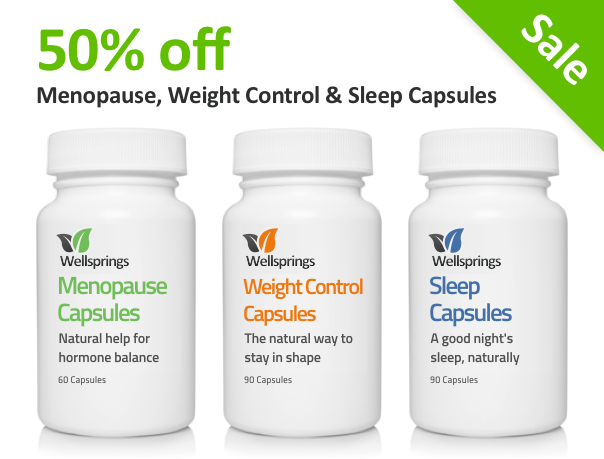Why Women Are Twice As Likely To Get Alzheimer’s As Men
Guess what – it seems it is our hormones again! ‘Brain fog’ is a common feature of menopause and having a hysterectomy can also increase your risk so check here what you need to know and how bioidentical hormones can help.
Women as a species are often sadly neglected in many areas of research as traditionally the focus – and funding – has tended to focus on men.
Heart disease is one example where both sexes are affected but more research has gone on male heart conditions and identifying factors and symptoms that we now know are more related to men than women. Now it seems we can add Alzheimers to the list.
Women in fact are twice as likely to be affected but it is male brains that have had the most study.
You may have already suspected it, but male and female brains really are different so by not studying both sexes an important element in female dementia has been neglected up to now. a fundamentally different make-up.
‘We need much better data about gender differences,’ says Glenda Gillies, who is Professor of neuroendocrine pharmacology at Imperial College London one of the very few who has made a study of researching the effect of both hormones and drugs on the female brain.
The Role Of Hormones
Our hormonal makeup is a key element in our much greater risk of Alzheimers and ironically it is the fact that women traditionally live longer than men that has increased our risk of the disease to that any one time significantly more women will have the disease than men.
Those diagnosed with the disease show clumps of damaged proteins (plaques and tangles) in their brains but they appear in different places in men and women. The hypothalamus is where these clumps are found in 90 per cent of men with Alzheimer’s, but in women it is only 10 per cent.
That might sound like a good thing but women are affected more severely by symptoms than men are according to researchers at Rush University Medical Center in Chicago.
So women don’t seem to deal as well as men with their symptoms, and nor it seems does the progress of the disease either. Researchers from the University of Hertfordshire have reported that the condition of women also seems to deteriorate faster than men who even though they apparently at the same stage of the disease, seem to be able to cope better with the disease.
You also need to look at your family history as having a mother with Alzheimers, doubles your own risk when compared with having a father who had it.
Hysterectomy and Hormones
Many women complain of memory issues and ‘brain fog’ at menopause and yet again the key is hormone balance. Both progesterone and oestrogen are essential for hormone health as our bodies are designed so they work in harmony balancing each others effects.
Both progesterone and oestrogen protect the brain but there is a previously overlooked factor that is also vital and that is having a hysterectomy. Professor Walter Rocca, a neurologist at the Mayo Clinic in Minnesota, believes that when the ovaries are also removed this raises the risk of Alzheimer’s by 140 per cent.
Many women after a hysterectomy do find that replacing with bioidentical hormones is highly beneficial for their menopausal symptoms, but this is a new finding in relation to Alzheimers.
Professor Rocca explains that the latest finding is that there is a therapeutic window between 50 and 60 where the danger doesn’t seem to be there if oestrogen is given close to the menopause.
Also women at menopause need to keep an eye on their thyroid levels as if you have had low levels for a few years then that has also been linked to both cognitive decline and dementia.
Summary:
Because of the link between excess oestrogen (oestrogen dominance) and the increased risk of cancer and heart disease Doctors are quite rightly now reluctant to prescribe oestrogen alone, but in a balanced formula you would have the protection of the oestrogen being balanced by progesterone to overcome that risk.

















